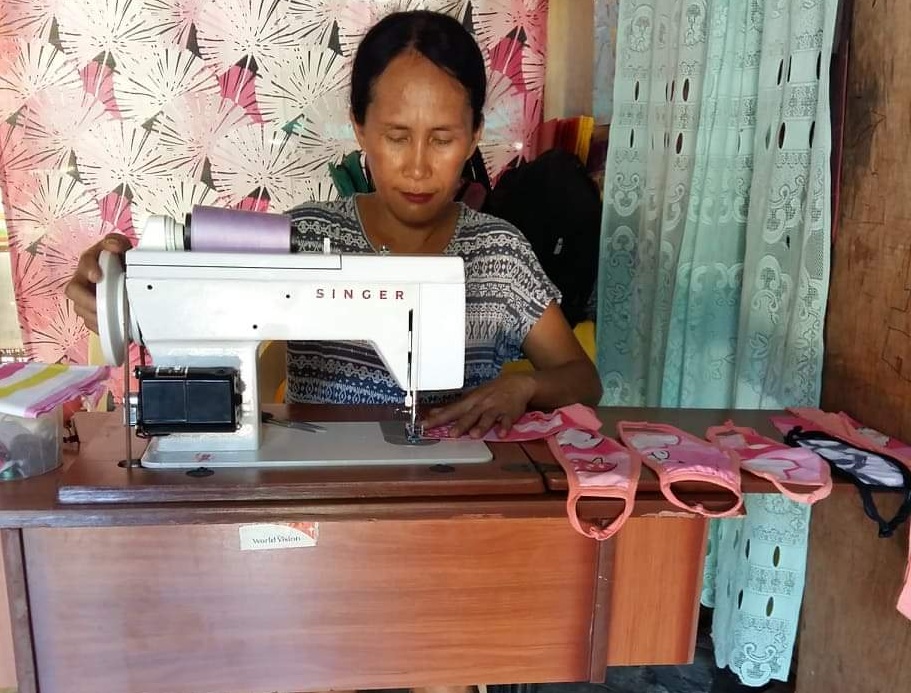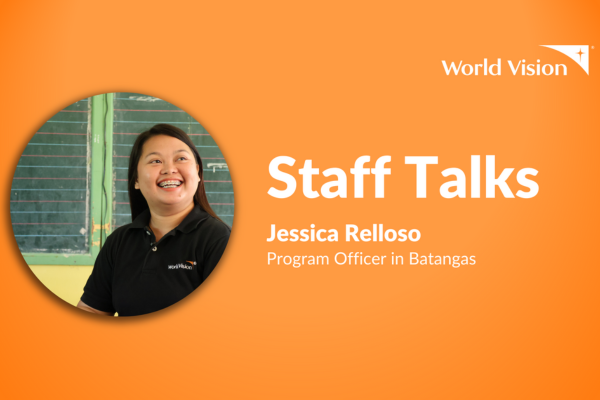World Vision-assisted family in South Cotabato copes from COVID-19
Empowering children’s caregivers is at the heart of World Vision’s sponsorship program. The organization believes that when a child’s parents or guardians are given the opportunity to rise above poverty, they will be able to provide for their children’s needs.
In South Cotabato, the organization has invested on capacitating the communities to maximize available resources and to teaching them new skills.
“A lot of families in the community have the skills and the willingness to rise above their current situations. Throughout the years, we’ve been working alongside them, consulting them on programs that are sustainable and beneficial for their families. This is one of those times when I can confidently say that giving hope to a child, to his/her family through sponsorship is not a waste of time and resources,” shares Rubylyn Gonzaga, Programme Manager.
Today, as the world is confronted by coronavirus, a World Vision-assisted family is proving that investing on a family’s empowerment pays off.
Dyline is one of the members of a community-managed savings and credit association (CoMSCA) groups organized by World Vision in the community. In September 2019, the organization provided the group of 20 with two sewing machines to help them with their income. Dyline is one of the seven sewers in the group.

“I learned sewing from a training years ago. I wanted to make income of it but I did not have a machine to use. Sometimes, my neighbor who has one would lend me hers but I couldn’t really earn because I also can’t borrow her machine every time,” she shares.
When the CoMSCA group received the machines, she was able to get orders – from curtains to dress and pants repairs. A small portion of the income goes to her savings group.
“I don’t really mind giving a portion of the income because at the end of the day, it still goes to all of us. Since we had the machine, I’ve been earning at least Php2500 which is a good income on top of what I earn from selling snacks,” adds Dyline.
When COVID-19 pandemic started and community quarantine was imposed in her community, she had to stop selling snacks. But sewing still enables her to earn income and help provide for her family of five.
“This is a big help to the family. Now I am sewing cloth masks which I sell for P20 each. Our neighbors prefer buying from me because since covid-19, a mask now costs P40-P50 in the market.”









